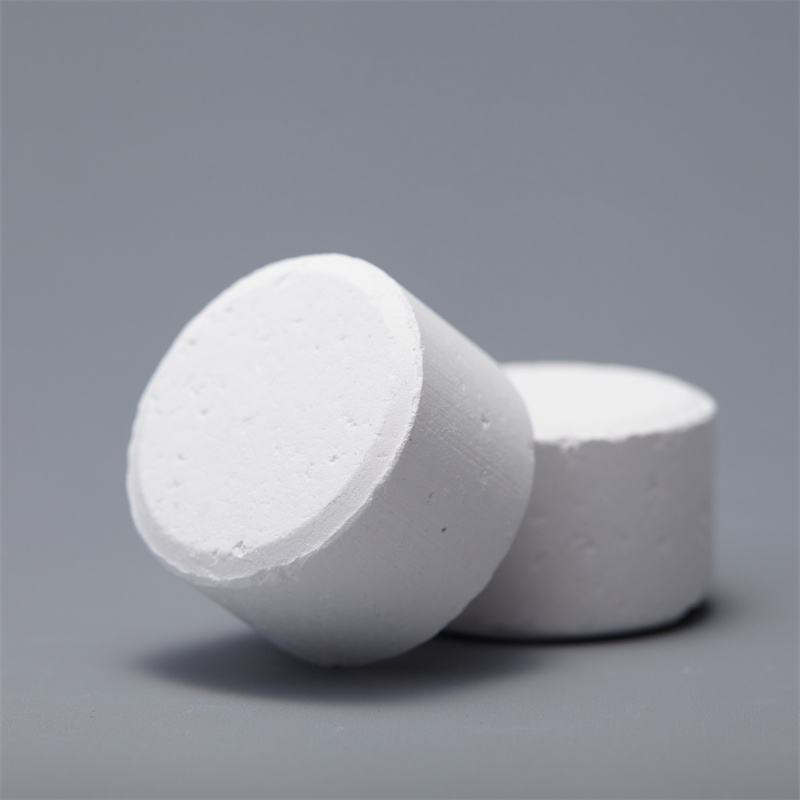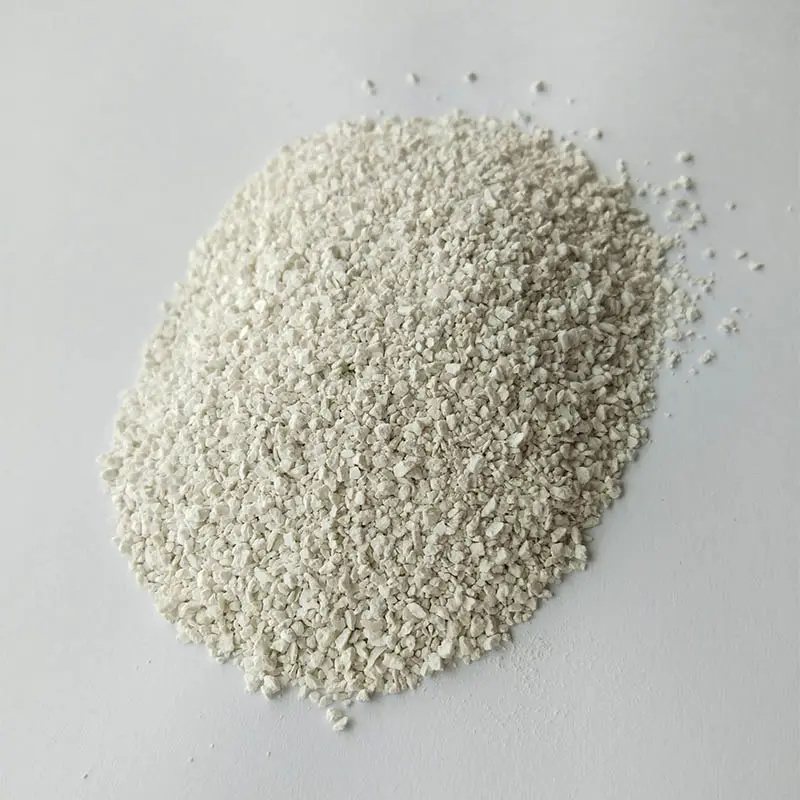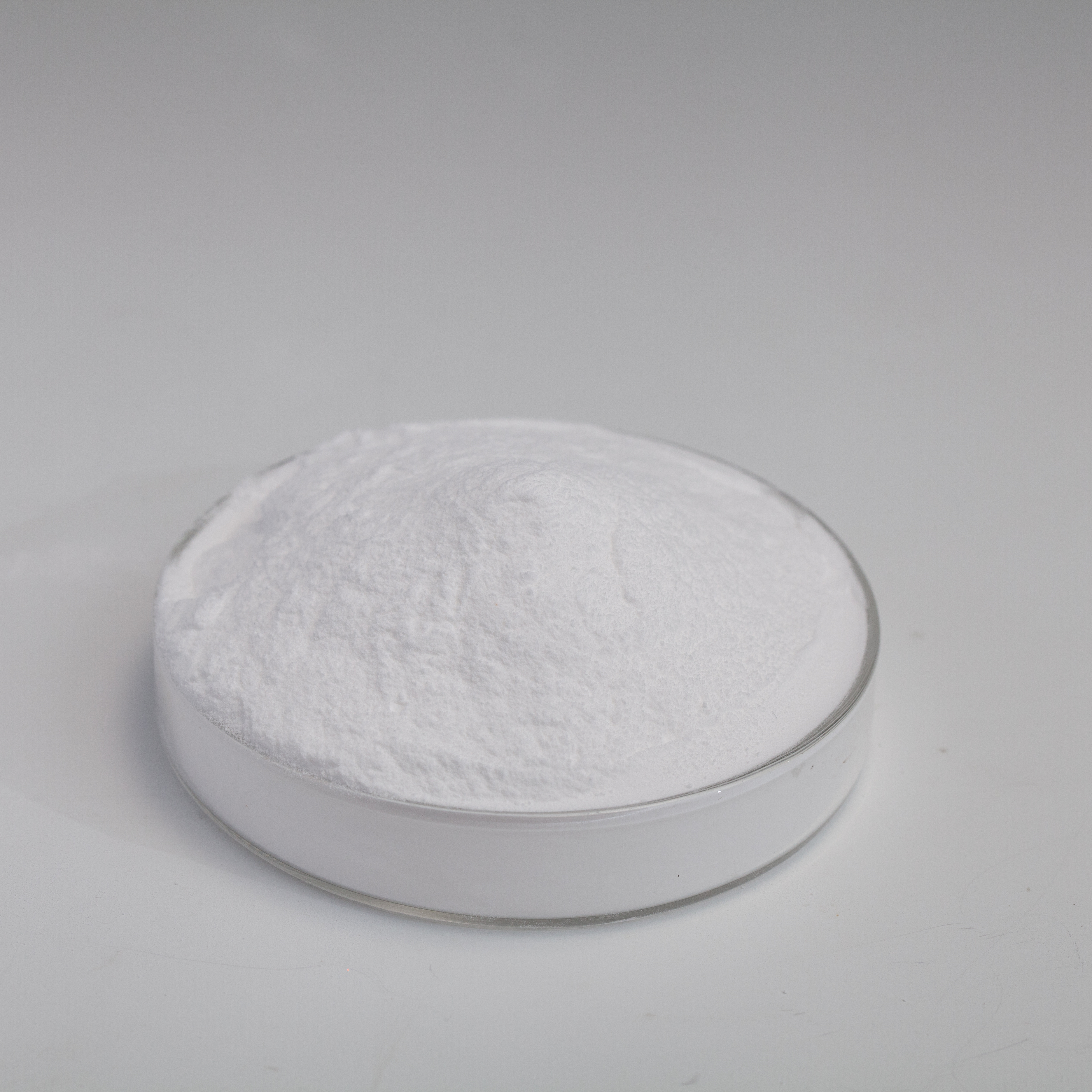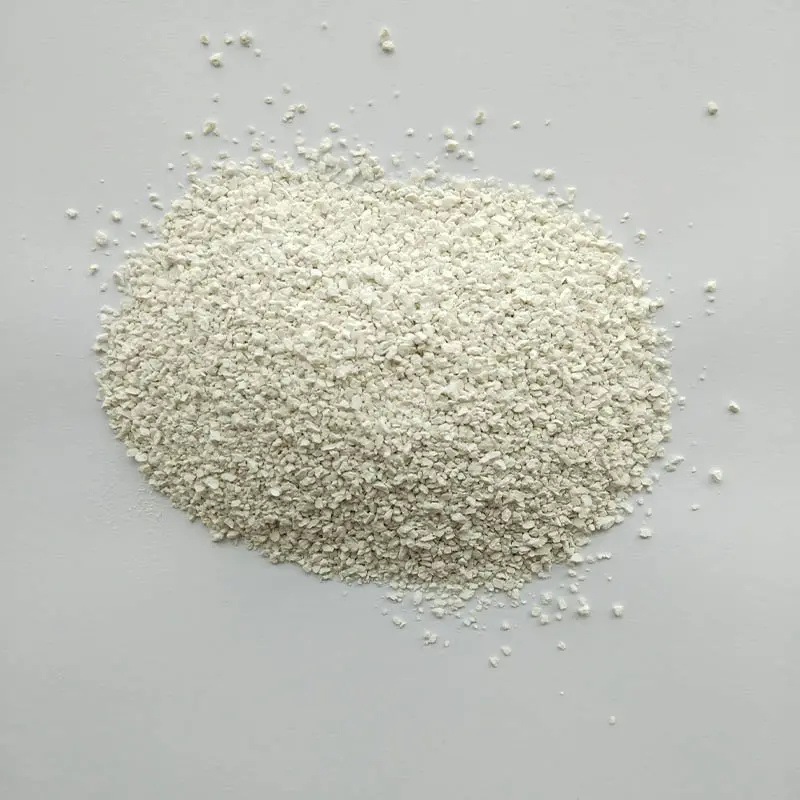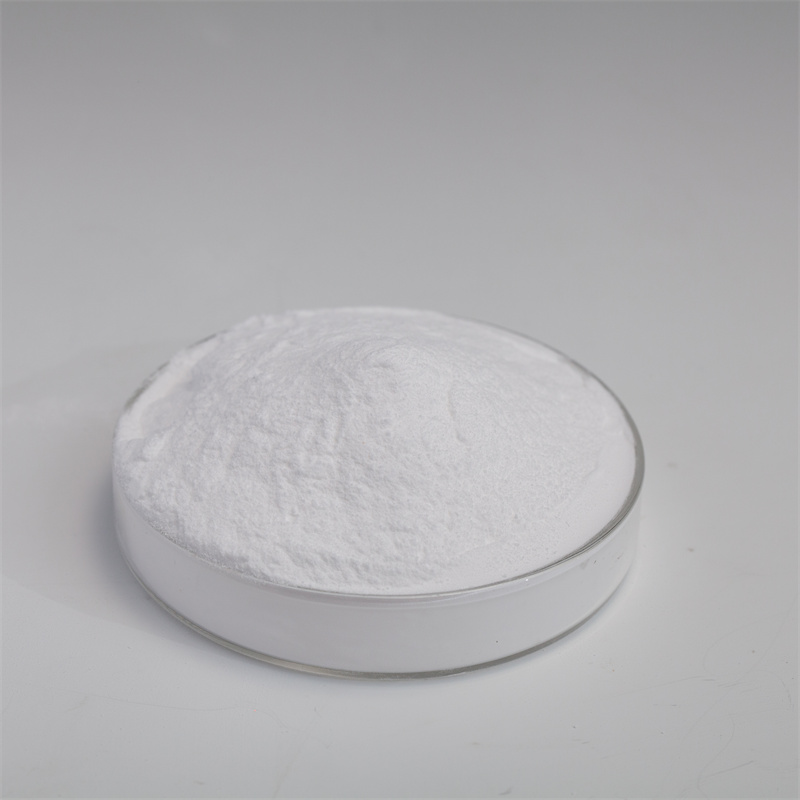Hemijska dezinfekcija vode — TCCA 90%
Uvod
Trihloroizocijanurna kiselina (TCCA) je hemijski spoj koji se često koristi za dezinfekciju vode. To je organski spoj hlora s hemijskom formulom C3Cl3N3O3.
Tehnička specifikacija
Izgled: Bijeli prah/granule/tableta
Dostupan hlor (%): 90 MIN
pH vrijednost (1% rastvor): 2,7 - 3,3
Vlaga (%): 0,5 MAX
Rastvorljivost (g/100mL vode, 25℃): 1,2
Molekularna težina: 232,41
UN broj: UN 2468
Ključne tačke o TCCA 90 i njegovoj upotrebi u dezinfekciji vode:
Dezinfekcijska svojstva:TCCA 90 se široko koristi kao dezinfekcijsko sredstvo za vodu zbog svojih jakih oksidirajućih svojstava. Učinkovito ubija bakterije, viruse i druge mikroorganizme u vodi, što ga čini sigurnim za različite primjene.
Oslobađanje hlora:TCCA oslobađa hlor kada dođe u kontakt s vodom. Oslobođeni hlor djeluje kao snažno dezinfekcijsko sredstvo, eliminirajući štetne mikroorganizme.
Aplikacije
Bazeni:TCCA 90 se često koristi u bazenima za održavanje higijene vode kontrolom rasta mikroba.
Tretman vode za piće:U nekim situacijama, TCCA se koristi za tretman vode za piće kako bi se osiguralo da ne sadrži štetne patogene.
Industrijski tretman vode:TCCA se može koristiti u industrijskim procesima prečišćavanja vode za kontrolu mikrobne kontaminacije.
Tableta ili granula:TCCA 90 je dostupan u različitim oblicima, kao što su tablete ili granule. Tablete se često koriste u sistemima za hlorisanje bazena, dok se granule mogu koristiti za druge primjene u prečišćavanju vode.
Skladištenje i rukovanje:TCCA treba čuvati na hladnom i suhom mjestu, dalje od direktne sunčeve svjetlosti. S njim treba pažljivo rukovati, a prilikom rada s tom supstancom treba nositi zaštitnu opremu poput rukavica i naočala.
Doziranje:Odgovarajuća doza TCCA 90 zavisi od specifične primjene i kvaliteta vode. Važno je slijediti smjernice i preporuke proizvođača kako bi se postigla efikasna dezinfekcija bez predoziranja.
Ekološka razmatranja:Iako je TCCA efikasan za dezinfekciju vode, njegovu upotrebu treba pažljivo pratiti kako bi se izbjegli negativni uticaji na okolinu. Ispuštanje hlora u okolinu može imati negativne efekte na vodene ekosisteme, tako da su pravilno odlaganje i pridržavanje propisa ključni.
Prije upotrebe TCCA 90 ili bilo kojeg drugog dezinficijensa, neophodno je razumjeti specifične zahtjeve namijenjene primjene i slijediti sigurnosne smjernice proizvođača. Osim toga, treba uzeti u obzir lokalne propise u vezi s upotrebom dezinficijensa u tretmanu vode.
Kako da odaberem prave hemikalije za svoju primjenu?
Možete nam reći scenario vaše primjene, kao što su tip bazena, karakteristike industrijskih otpadnih voda ili trenutni proces prečišćavanja.
Ili, molimo vas da navedete marku ili model proizvoda koji trenutno koristite. Naš tehnički tim će vam preporučiti najprikladniji proizvod.
Također nam možete poslati uzorke na laboratorijsku analizu, a mi ćemo formulirati ekvivalentne ili poboljšane proizvode prema vašim potrebama.
Da li nudite OEM ili usluge privatne robne marke?
Da, podržavamo prilagođavanje u označavanju, pakovanju, formulaciji itd.
Jesu li vaši proizvodi certificirani?
Da. Naši proizvodi su certificirani od strane NSF, REACH, BPR, ISO9001, ISO14001 i ISO45001. Također posjedujemo nacionalne patente za izume i sarađujemo s partnerskim tvornicama za SGS testiranje i procjenu ugljičnog otiska.
Možete li nam pomoći u razvoju novih proizvoda?
Da, naš tehnički tim može pomoći u razvoju novih formula ili optimizaciji postojećih proizvoda.
Koliko vam je vremena potrebno da odgovorite na upite?
Odgovorite u roku od 12 sati uobičajenim radnim danima, a za hitne slučajeve kontaktirajte putem WhatsAppa/WeChata.
Možete li pružiti potpune informacije o izvozu?
Može pružiti kompletan set informacija kao što su faktura, lista pakiranja, otpremnica, certifikat o porijeklu, MSDS, COA itd.
Šta uključuje postprodajna usluga?
Pružanje postprodajne tehničke podrške, rješavanje reklamacija, praćenje logistike, ponovno izdavanje ili kompenzaciju za probleme s kvalitetom itd.
Da li pružate smjernice za korištenje proizvoda?
Da, uključujući upute za upotrebu, vodič za doziranje, tehničke materijale za obuku itd.


